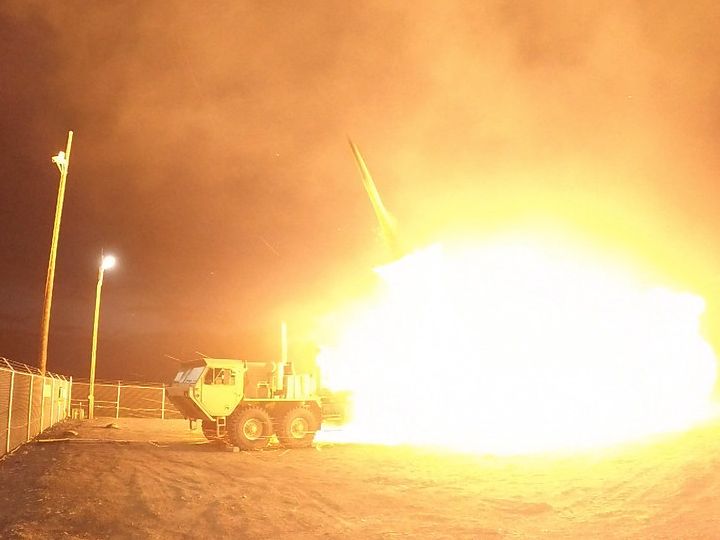Publications
Scientific publications
Readings & Reviews
Research axes
The collections
Scientific publications
Readings & Reviews
Research axes
The collections

The silent masters of the oceans: the strategic and non-proliferation implications of nuclear-powered submarines in Australia and Brazil
At the International Atomic Energy Agency (IAEA) General Conference in 2022, Director General Rafael Grossi emphasizes that “the world of nuclear proliferation and safeguards is changing,” and that this change creates important technical and political challenges. The announcement of the AUKUS agreement and the progress of Brazil’s nuclear-powered submarine program reflect regional geopolitical realignments. Internationally, the IAEA safeguards system is challenged by these developments insofar as they entail risks of nuclear proliferation. How does the acquisition of nuclear-powered submarines impact both the regional and international strategic balance and nuclear non-proliferation norms? The purpose of this research note is to analyze the geopolitical motivations of nuclear-powered submarine programs in Australia and Brazil and their implications for nonproliferation instruments.
𝐉𝐚𝐧𝐮𝐚𝐫𝐲 𝟐𝟎𝟐𝟑
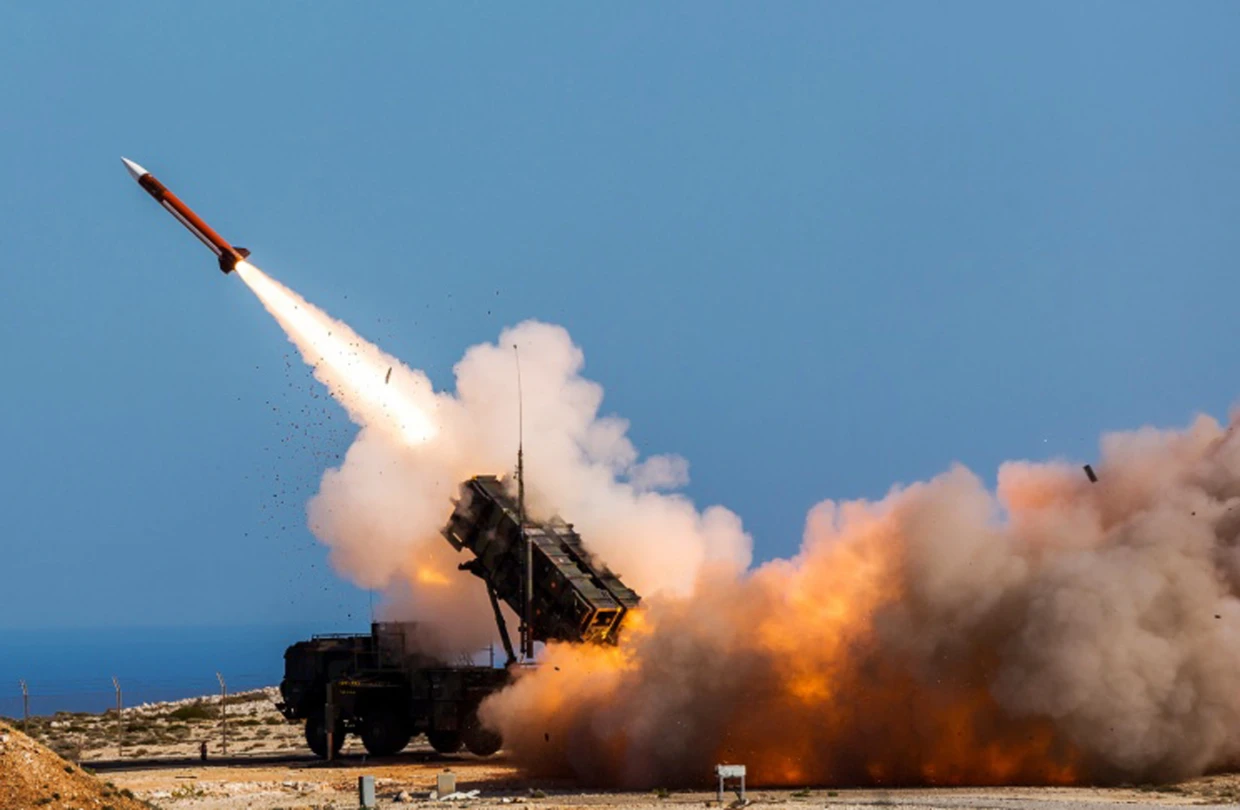
High strategic capabilities and defensive military assistance in the Ukraine war: the double threshold dilemma
One of the major elements of the Russian-Ukrainian confrontation is of course its potential nuclear nature. This dimension encourages the Biden administration not to let the war in Ukraine degenerate into a major conflict that would directly oppose Americans and Russians. This limit makes the problem of Western co-belligerence a key element in the political-military equation of the conflict. Taking this context into account, this note relates the tactical-operational “threshold” related to this arms supply to a second threshold of a politico-strategic nature, which in turn is influenced by the phenomenon of the interconnection of high strategic capabilities, and which opens up the delicate concept of multi-domain deterrence.
𝐉𝐚𝐧𝐮𝐚𝐫𝐲 𝟐𝟎𝟐𝟑
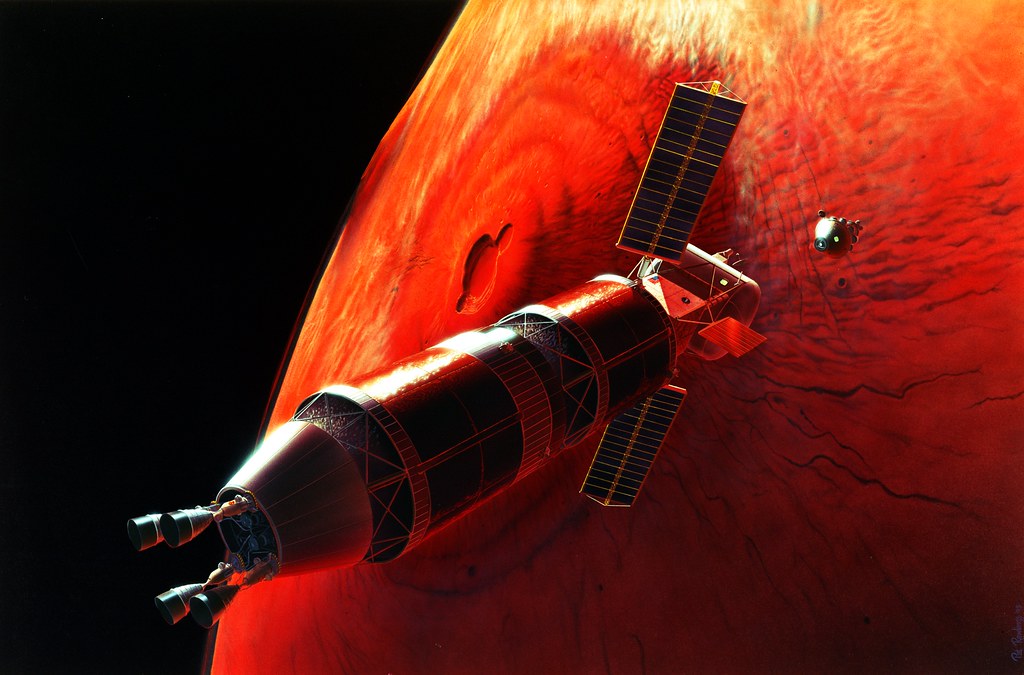
The affirmation of the U.S. space nuclear technology strategy
Since 2017, U.S. interest in space-based nuclear power applications appears renewed. In a context of growing international competition, these applications are even receiving increasingly structured political support. The objective of this note is to examine these developments in order to put into perspective the issues that accompany them. Although primarily intended for interplanetary exploration (surface energy supply and high-performance propulsion), space nuclear technologies remain dual.
The Nuclear Sea-Launched Cruise Missile (SLCM-N): Implication for U.S. nuclear strategy and arms control
In May 2021, soon after taking office, the Biden administration confirmed the decision to fund the NucleaSea-launched Cruise Missile (SLCM-N), one of the most controversial programs of Donald Trump’s term. The decision was received with surprise by some analysts: Joseph Biden had argued against this new weapon during his campaign. Finally, after considerable discussion within the government and the armed forces, the Democratic administration appears to have reconsidered its decision and canceled the SLCM-N program.
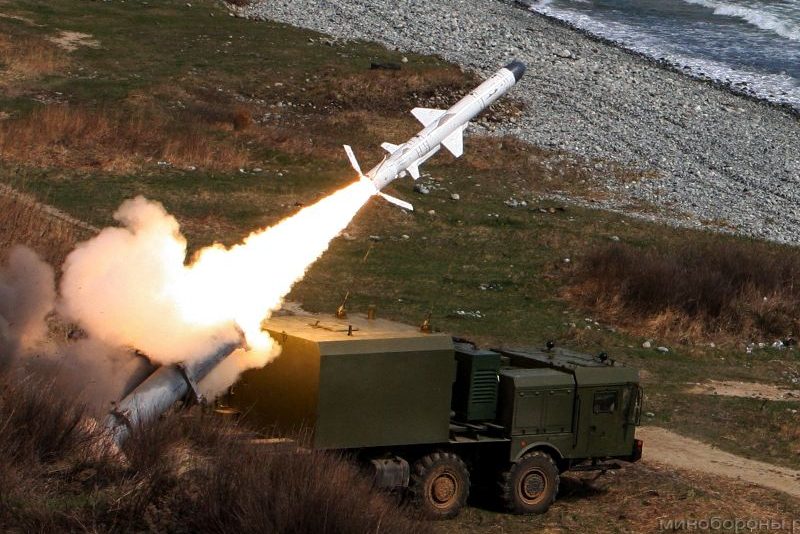
The missile standoff: ballistic considerations of the war in Ukraine
On February 24, 2022, after a few months of strategic uncertainty on the Russian-Ukrainian borders, Russian President Vladimir Putin launched a military offensive in Ukraine. This attack confirmed the aggressive intentions of Russia, which had amassed military forces on the Ukrainian border since December 2021. It also confirmed the concretization of Russia’s efforts to remain a major power in the ballistic field.
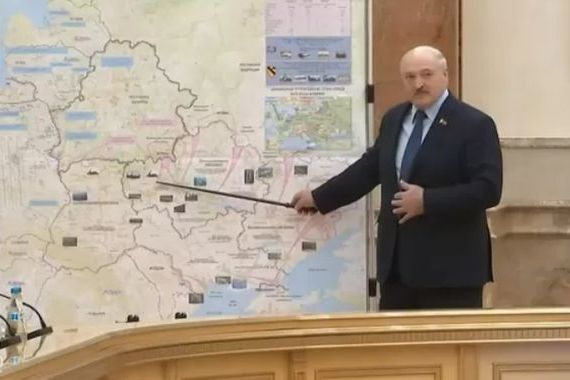
The legal consequences of the nuclearisation of Belarus
Belarus, which borders Ukraine and Poland, has just changed its constitution to become a nuclear state. The referendum of 27 February 2022 approved the proposed constitutional amendments by more than 65%, thus ending the previous status of the Belarusian territory, which had been designated as a neutral and non-nuclear zone. The amended version should also include an article excluding military aggression from Belarusian territory, which would legally allow for the deployment of nuclear weapons by its ally, Russia.
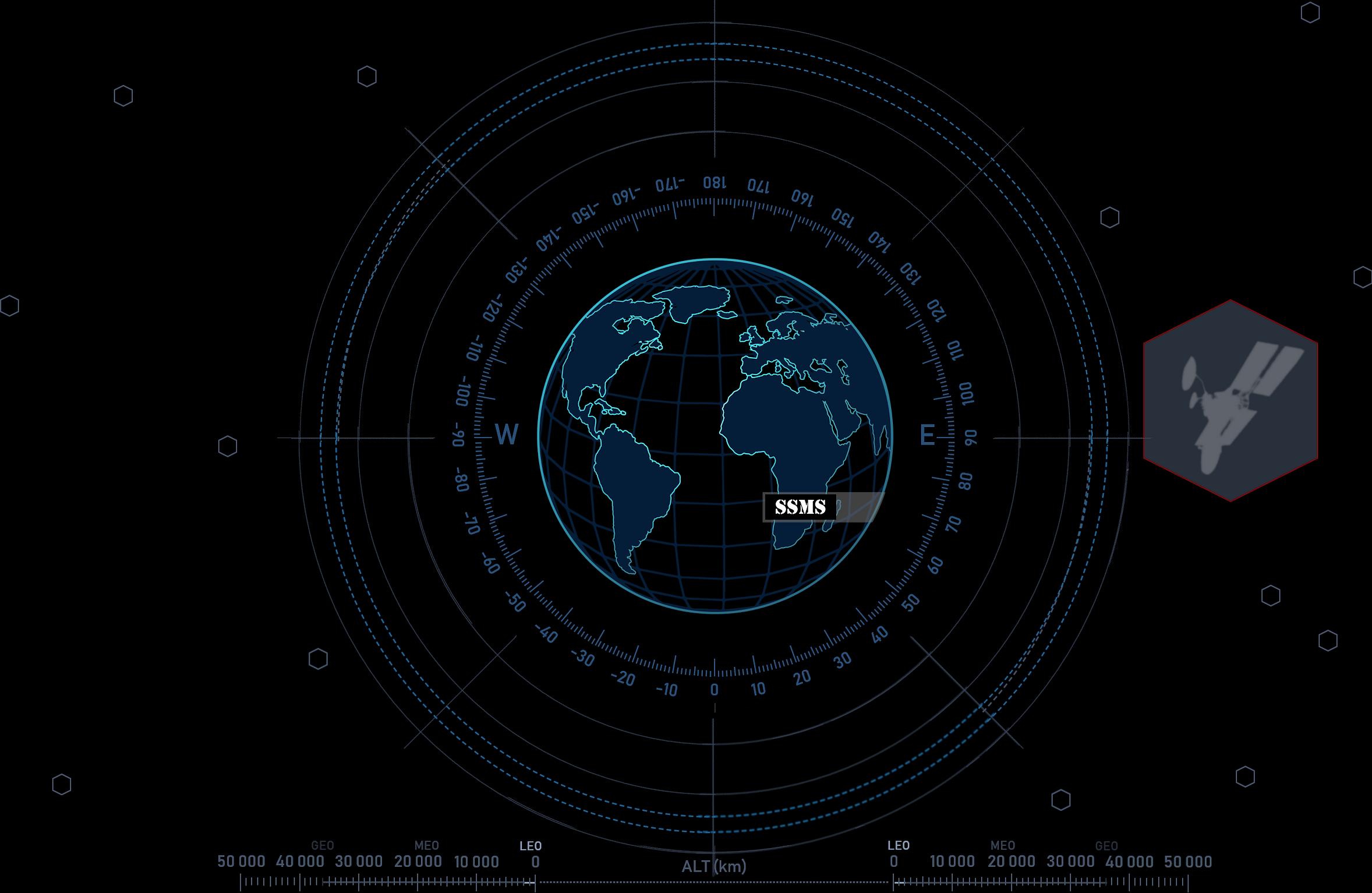
Exploration note of the space wargame realized on 19/11/2021
Designed in two phases, crisis management and Red Team exploitation of the results of the crisis, this Wargame allowed an in-depth reflection of the players, leading to the most negative possible result of a generalized catastrophe of the Kessler syndrome type. The causes of this development are to be found in a continuous escalation due to the export of traditional geopolitical oppositions to space competition, in particular between great powers, pushing the players to act in a logic of confrontation rather than cooperation. The relevance of decisions, as well as their rationality, have demonstrated a fundamental political dimension of management of Space, in particular in case of crisis, with the pursuit of interests and the will to power as the main engine of actions.
Between force and space diplomacy: the Russian Nudol missile invites itself to the negotiating table
Since November 15, 2021, and the firing of the Russian Nudol missile which caused the destruction of an old Russian spy satellite, Cosmos 1408, dating from the Soviet era, the debate has mainly revolved around the debris created by the impact, which is now spreading in an alarming manner. These thousands of pieces, some of which are tiny and difficult to detect, are all potentially destructive to space assets and astronauts on the International Space Station (ISS), located not far from the impact site.
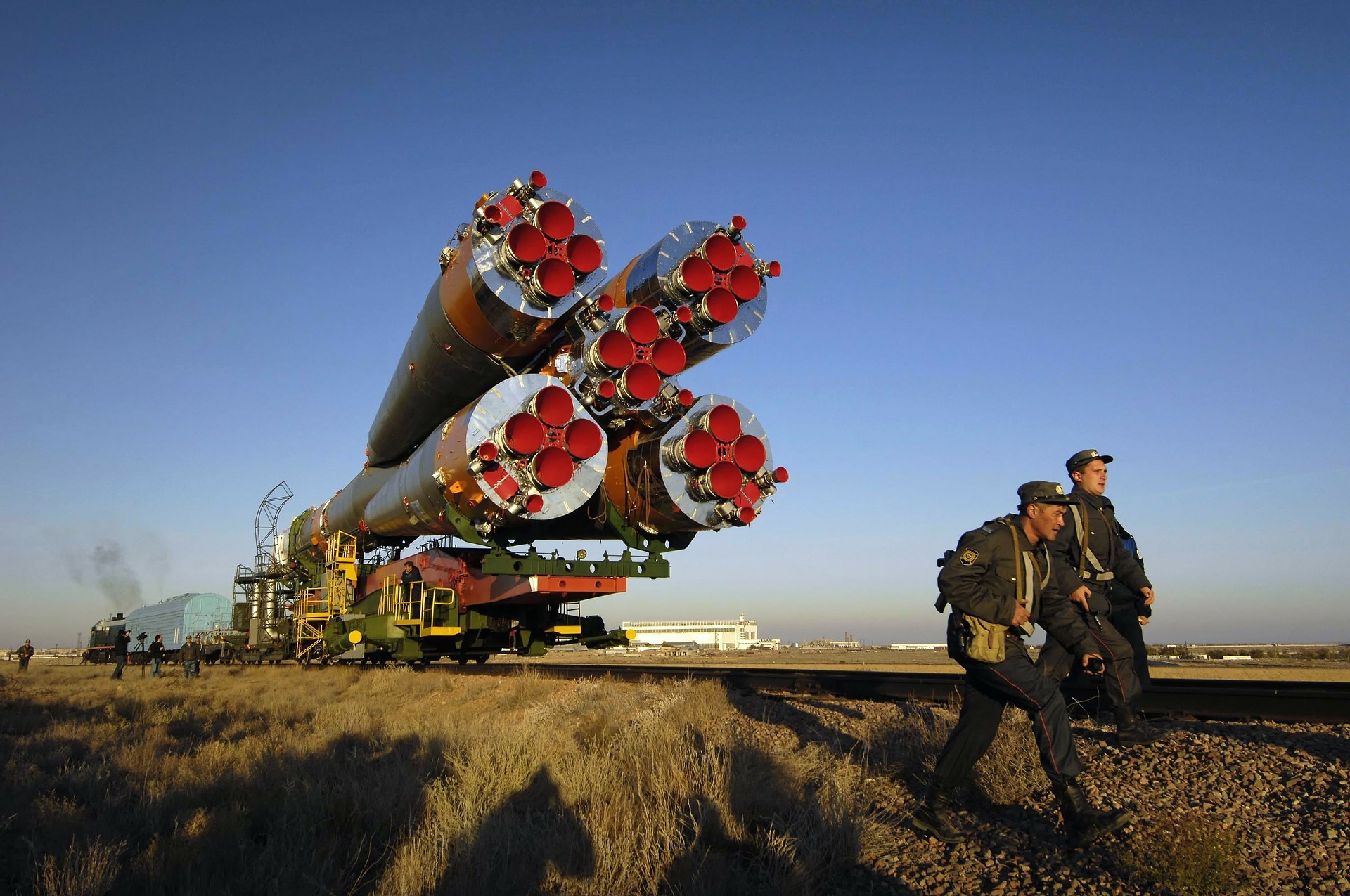
War in Ukraine: initial international space consequences of a regional conflict
Scientific space cooperation is not immune to geopolitical dynamics, and the conflict in Ukraine promises to have important technical and capability consequences on launch means and programs. One week after the beginning of the hostilities, this news note offers a first overview, in the measure of the available information and the fast evolution of the situation.


